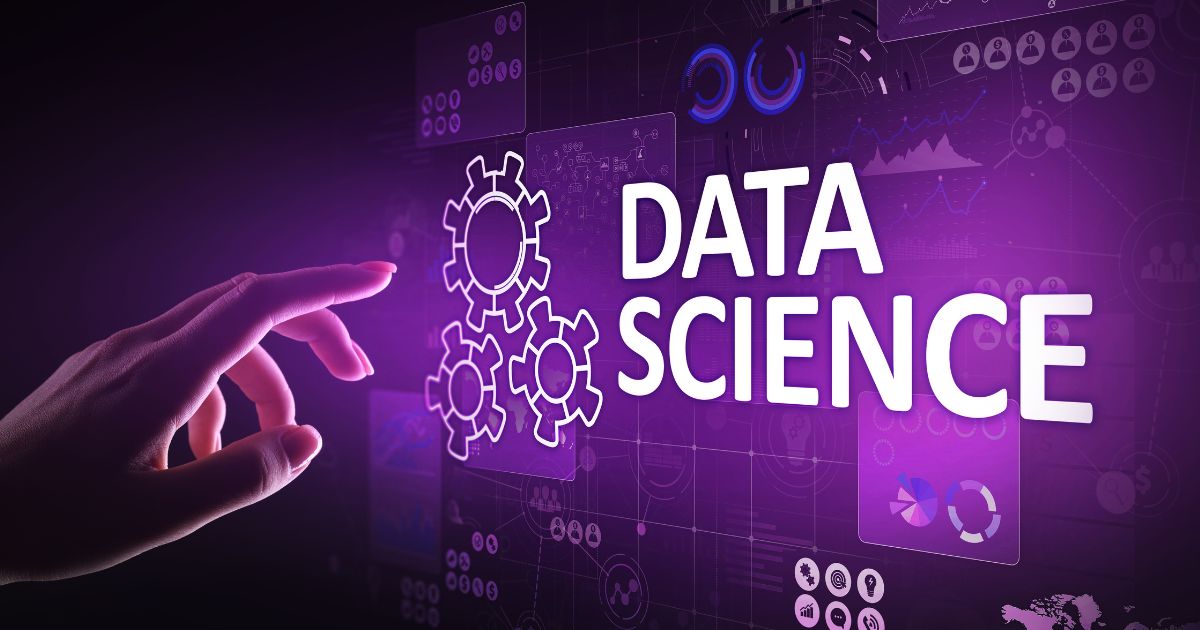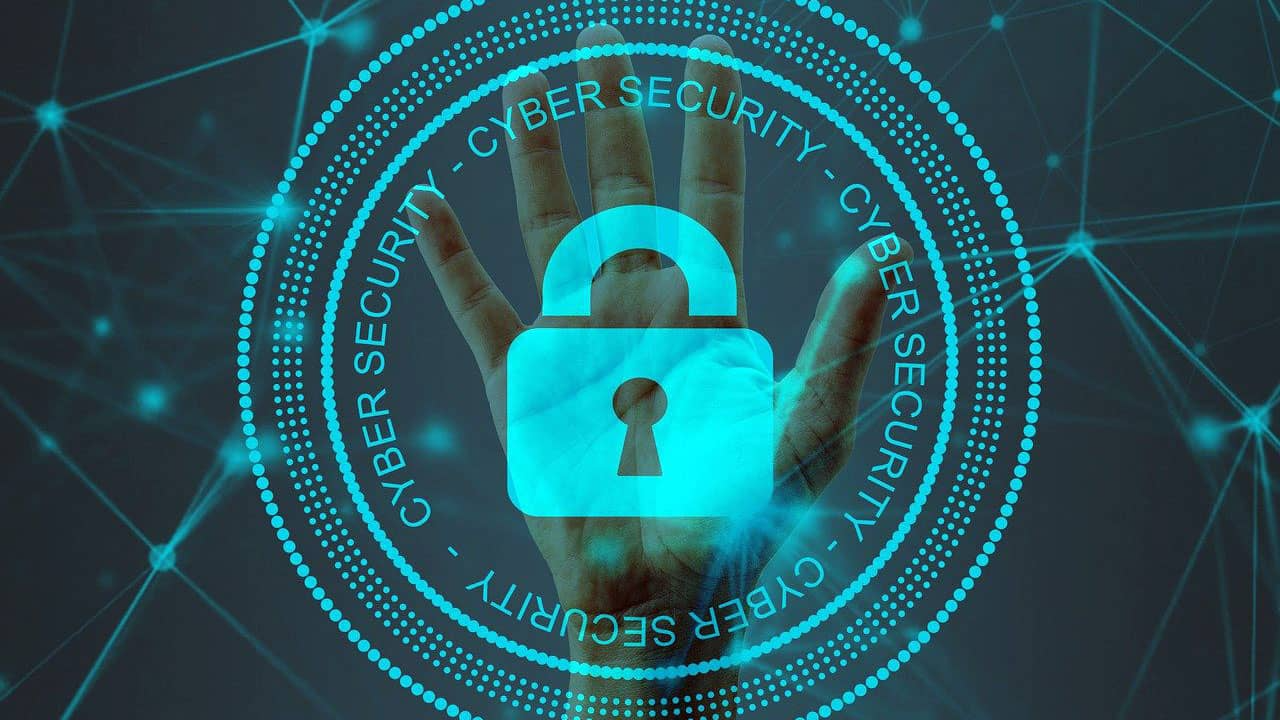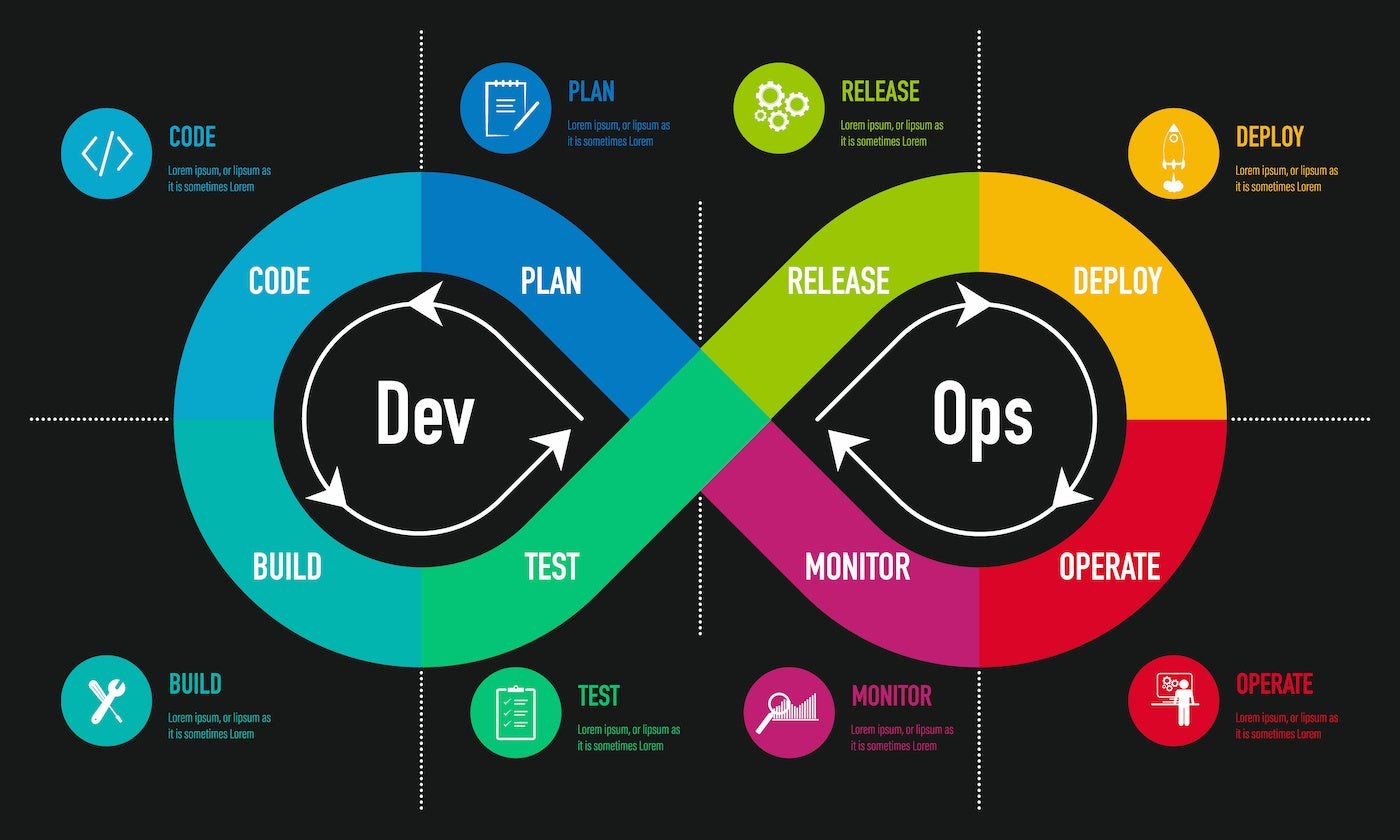Best IT Courses for Modern Tech Professionals in 2024
Looking to broaden your expertise in business and IT? Advancing your career is optimally achieved through targeted professional certification and training. These credentials enrich your resume, making you more attractive to potential employers and equipping you with the necessary skills to navigate complex business and IT challenges, setting the stage for enhanced professional performance and success.
What Are Business and IT Certifications, and Why Do You Need Them?
Business and IT certifications are credentials awarded to individuals upon successful completion of training or examination in specific areas of business management or information technology. These certifications serve several purposes:
- Validation of Skills and Knowledge: Certifications validate that an individual possesses the necessary skills and knowledge in a particular area. For employers, this provides assurance that the person they are hiring or working with has the requisite expertise.
- Career Advancement: Holding certifications can enhance career prospects by demonstrating competence and dedication to professional development. Many employers prefer or require certifications for certain roles or promotions.
- Industry Recognition: Certifications are often recognized and respected within industries, establishing credibility for professionals. They can distinguish individuals in a crowded job market or competitive industry.
- Keeping Pace with Technology: In the rapidly evolving fields of business and IT, certifications help professionals stay current with the latest technologies, trends, and best practices. They often require ongoing education to maintain, ensuring continued relevance in the field.
- Networking Opportunities: Pursuing certifications often involves training courses, seminars, and networking events where professionals can connect with peers, mentors, and industry leaders. This networking can lead to valuable career opportunities and collaborations.
- Salary Enhancement: In many cases, holding certain certifications can lead to higher salaries or additional benefits. Employers may offer financial incentives for employees to obtain relevant certifications due to their perceived value in the marketplace.
Examples of business certifications include Project Management Professional (PMP), Certified Public Accountant (CPA), and Six Sigma. In IT, popular certifications include CompTIA A+, Cisco Certified Network Associate (CCNA), and Certified Information Systems Security Professional (CISSP).
Ultimately, the specific certifications needed depend on career goals, industry demands, and individual interests. However, acquiring certifications can be a strategic investment in one’s career, providing both immediate and long-term benefits.
Trending Business and IT Certifications
If your career has been built upon technologies or practices that are fading away, it’s time to get reskilled and ready for your next opportunity. Here is a list of the best IT certification courses in 2024 that can help you to jump ahead in those fields:
| Data Science | Big Data | DevOps |
| AI and ML | Cloud Computing | Cyber Security |
| Business Intelligence | Project Management | Digital Marketing |
DATA SCIENCE

Data science is a multidisciplinary field that combines statistics, mathematics, computer science, and domain expertise to extract insights and knowledge from structured and unstructured data. Here’s an overview of data science:
1. Data Collection and Preparation: Data scientists collect and clean data from various sources, including databases, APIs, web scraping, and sensor data. They preprocess and clean the data to ensure its quality and readiness for analysis.
2. Exploratory Data Analysis (EDA): EDA involves visually exploring and summarizing data to understand its characteristics, detect patterns, identify outliers, and formulate hypotheses.
3. Statistical Analysis and Machine Learning: Data scientists apply statistical methods and machine learning algorithms to analyze data and make predictions or decisions. This involves tasks such as classification, regression, clustering, and anomaly detection.
4. Data Visualization: Communicating insights effectively is crucial in data science. Data scientists use data visualization techniques to present findings in a clear and compelling manner, using charts, graphs, and dashboards.
5. Model Evaluation and Validation: Data scientists evaluate the performance of machine learning models using various metrics and techniques, such as cross-validation and hypothesis testing, to ensure their reliability and generalization to new data.
6. Deployment and Monitoring: Deploying machine learning models into production environments involves integrating them into software systems and monitoring their performance over time. This includes retraining models as new data becomes available and ensuring they continue to deliver accurate predictions.
7. Domain Knowledge: Domain expertise is often essential in data science projects to interpret results in the context of the specific industry or problem domain. Data scientists collaborate closely with subject matter experts to gain insights and make informed decisions.
Tools and Technologies: Data scientists use a variety of tools and technologies, including programming languages like Python and R, libraries such as TensorFlow and scikit-learn for machine learning, databases like SQL and NoSQL for data storage, and visualization tools like Matplotlib and Tableau.
Applications: Data science has applications across industries, including finance, healthcare, e-commerce, marketing, and more. It’s used for customer segmentation, fraud detection, recommendation systems, predictive maintenance, and many other purposes.
Certifications that can help you move into data science domain include:
- Data Scientist Master’s Program
- Business Analytics Expert
- Data Science with R Programming
- Data Analyst Master’s Program
BIG DATA

ARTIFICIAL INTELLIGENCE & MACHINE LEARNING

Artificial Intelligence (AI) and Machine Learning (ML) are closely related fields that focus on creating systems that can perform tasks that typically require human intelligence. Here’s an overview of AI and ML:
Artificial Intelligence (AI):
AI is a broad field of computer science that aims to create machines or systems that can mimic human intelligence. It encompasses various approaches, techniques, and applications, including:
- Symbolic AI: Also known as rule-based AI, this approach involves programming computers to perform tasks based on predefined rules and logic. It’s commonly used in expert systems and rule-based decision-making.
- Machine Learning: ML is a subset of AI that focuses on developing algorithms and models that enable computers to learn from data and make predictions or decisions without being explicitly programmed. It includes techniques such as supervised learning, unsupervised learning, and reinforcement learning.
- Natural Language Processing (NLP): NLP deals with the interaction between computers and human languages. It enables computers to understand, interpret, and generate human language, facilitating applications like chatbots, sentiment analysis, and language translation.
- Computer Vision: Computer vision involves enabling computers to interpret and understand visual information from images or videos. It’s used in applications such as image recognition, object detection, and autonomous vehicles.
- Robotics: Robotics combines AI with mechanical engineering to create robots capable of performing tasks in the physical world. AI algorithms enable robots to perceive their environment, make decisions, and manipulate objects.
Machine Learning (ML):
ML is a subset of AI that focuses on developing algorithms and models that enable computers to learn from data and improve their performance over time. Key concepts and techniques in ML include:
- Supervised Learning: In supervised learning, algorithms learn from labeled data, where each example is associated with a corresponding label or outcome. Common tasks include classification (e.g., spam detection) and regression (e.g., predicting house prices).
- Unsupervised Learning: Unsupervised learning involves learning from unlabeled data, where the algorithm tries to find patterns, clusters, or relationships in the data. Clustering and dimensionality reduction are examples of unsupervised learning tasks.
- Reinforcement Learning: Reinforcement learning is a type of ML where an agent learns to make decisions by interacting with an environment and receiving feedback in the form of rewards or penalties. It’s used in applications like game playing and autonomous navigation.
- Deep Learning: Deep learning is a subfield of ML that focuses on neural networks with multiple layers (deep neural networks). Deep learning has achieved remarkable success in tasks such as image recognition, speech recognition, and natural language processing.
The best IT certifications that can help you kickstart a career, or move up in your AI and Machine Learning career are:
- AI and ML Course
- Artificial Intelligence Course
- AI and Machine Learning Course
- Master in Artificial Intelligence
- AI Program for Business
CLOUD COMPUTING

Cloud computing is the on-demand delivery of computing services—including servers, storage, databases, networking, software, analytics, and intelligence—over the internet (the cloud) to offer faster innovation, flexible resources, and economies of scale. You typically pay only for the cloud services you use, helping you lower your operating costs, run your infrastructure more efficiently, and scale as your business needs change.
There are four main types of cloud computing services:
- Infrastructure as a Service (IaaS): IaaS provides the basic building blocks of cloud computing, like virtual servers, storage, and networking. You can rent these resources on an as-needed basis from a cloud provider like Amazon Web Services (AWS), Microsoft Azure, or Google Cloud Platform.
- Platform as a Service (PaaS): PaaS provides a platform for developing, deploying, and managing applications. It includes the operating system, programming languages, development tools, and databases that you need to build and run your applications.
- Software as a Service (SaaS): SaaS is the most widely used type of cloud computing service. It provides access to software applications over the internet, on a subscription basis. Examples of SaaS applications include Salesforce, Dropbox, and Gmail.
- Serverless computing: Serverless computing is a type of cloud computing that lets you build and run applications without having to manage servers. You simply write the code for your application, and the cloud provider takes care of everything else, including provisioning, scaling, and managing the servers.
CYBER SECURITY

With the ever-increasing number of cyber-attacks, cyber security is needed for every organization, because every company has information that shouldn’t be compromised. We currently have a shortage of cyber security professionals, making this a wise career option for those interested. These top IT certifications can help you launch a career in cyber security:
- Cyber Security Expert
- Certified Information Systems Auditor
- Certified Ethical Hacker Training
BUSINESS INTELLIGENCE

Business intelligence (BI) is all about using data to inform better decision-making in an organization. It’s a broad term that encompasses various strategies, technologies, and processes to gather, analyze, and visualize business data.
The best IT certifications that can help you get started in BI include:
- Business Analytics Course
- Informatica Training
- QlikView Developer Training
PROJECT MANAGEMENT

Project management is critical because it ensures that the right kind of projects are taken up and that they are delivered on time and on a set budget. A project manager should be able to negotiate reasonable deadlines and milestones across teams, management, and stakeholders. The following are the best IT certifications can help you move ahead in the field of project management:
- Project Management Professional
- PRINCE2 Foundation and Practitioner Certification Training
- Certified ScrumMaster
DIGITAL MARKETING

Digital marketing, also called online marketing, is the promotion of products or services using digital channels like websites, mobile devices, social media, search engines, email, and more. It’s about reaching your target audience where they spend their time online and connecting with them in a meaningful way.
Here’s a closer look at digital marketing:
Why is it important? In today’s digital age, consumers rely heavily on online resources to research products and make purchasing decisions. Digital marketing allows businesses to connect with this online audience and influence their buying behavior.
Digital Marketing certifications can help you move into or up in this exciting field:
- Digital Marketing Associate
- Digital Marketing Specialist
- Advanced Web Analytics
FAQs
1. Which certificate course is best in IT?
There are a few different IT certification courses, and it depends on what your interests and goals are.
- If you want to learn more about programming and software development, then a course in computer science or software engineering would be a good choice.
- If you’re interested in system administration or network management, then a course in information technology or computer networking would be a better option.
Ultimately, it’s up to you to decide which certificate course is best for you.
2. What are the highest-paying IT certificate jobs?
The highest-paying IT certificate jobs vary depending on the specific certificate and the level of experience an individual has. However, some of the highest-paying IT certifications include Certified Information Systems Security Professional (CISSP), Certified in the Governance of Enterprise IT (CGEIT), and Certified Information Systems Auditor (CISA).
These certificates typically require individuals to have a certain amount of experience in the IT field and to pass a rigorous exam. Individuals with these certificates can expect to earn a high salary and have access to a variety of high-paying jobs.
3. Which certification is most in demand?
However, some of the most popular and desired IT certifications include those in cloud computing, cybersecurity, and networking.
- Cloud certifications, such as those from Amazon Web Services (AWS) and Microsoft Azure, are highly sought after, as the demand for cloud computing expertise continues to grow.
- Cybersecurity certifications such as the Certified Information Systems Security Professional (CISSP) are also in high demand, as businesses of all sizes strive to protect their data and systems from increasingly sophisticated cyber threats.
- Networking certifications such as Cisco’s Certified Network Associate (CCNA) are also highly valued, as the ability to effectively configure and troubleshoot networked systems is critical in today’s interconnected world.
4. Which certification is best in 2024?
There is no one-size-fits-all answer to this question, as the best IT certification courses for 2023 depends on your specific goals and needs. However, some popular IT certifications that may be beneficial for you to consider include the Certified Information Systems Security Professional (CISSP), Certified Cloud Computing Professional (CCP) and Certified Information Technology Professional (CITP).
Each of these certifications can help you stay current with the latest IT trends and technologies, and can also give you a competitive edge when applying for jobs or promotions. Speak with an IT professional or your employer to determine which certification(s) would be the best fit for you and your career goals.
5. Which IT course has the highest salary?
There is no definitive answer to this question because salaries can differ depending on many factors, such as experience, location, and company. However, some of the highest-paying IT jobs include roles such as software engineer, system administrator, and network engineer. In general, jobs that require more experience and specialized skills tend to offer higher salaries.


